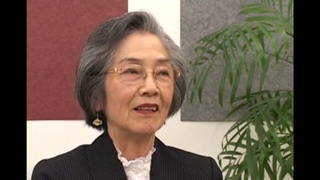Interviews
His sister Kiyo was like a second mother to him
She's the one out of all of us that was the most outspoken. Outspoken in a good way, not loud, not at all.
And she really was almost like the head of the family in a sense because my parents were getting old, and she was always responsible.
Especially after camp, she was like a second mother to me, she really took care of me. And along with Sumi, they bathed me, my mom was way too tired working. So they took care of me and that was really good. And along with Sumi, they bathed me, my mom was way too tired working. So they took care of me and that was really good. I mean, I remember all those things. I'm sure anything good about my personality comes from them and my mom, I'm certain, in fact.
Even the boat ride to Crystal City or to New Orleans, there's this document that my sister kept asking for milk for me. I was twenty months old, and basically they just ignored her. So through this trip, through that three-week period, basically I had nothing going as far as nutrition. They didn't feed us very well, so she was active just in that sense, for me.
Date: September 20, 2019
Location: California, US
Interviewer: Tom Ikeda and Yoko Nishimura
Contributed by: Watase Media Arts Center, Japanese American National Museum and Denshō: The Japanese American Legacy Project.







